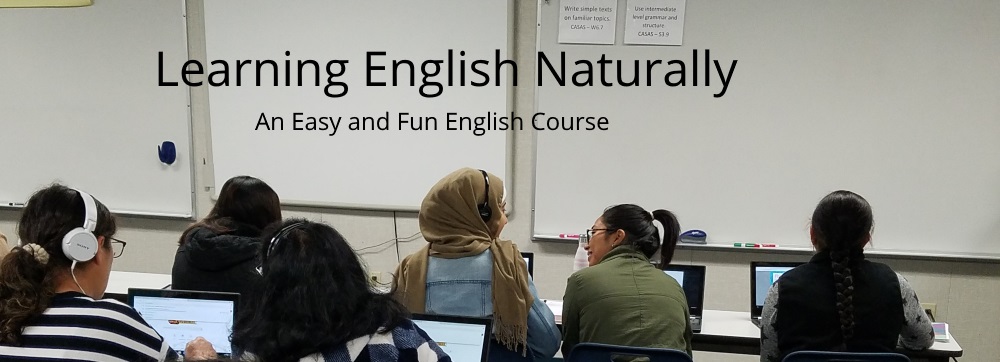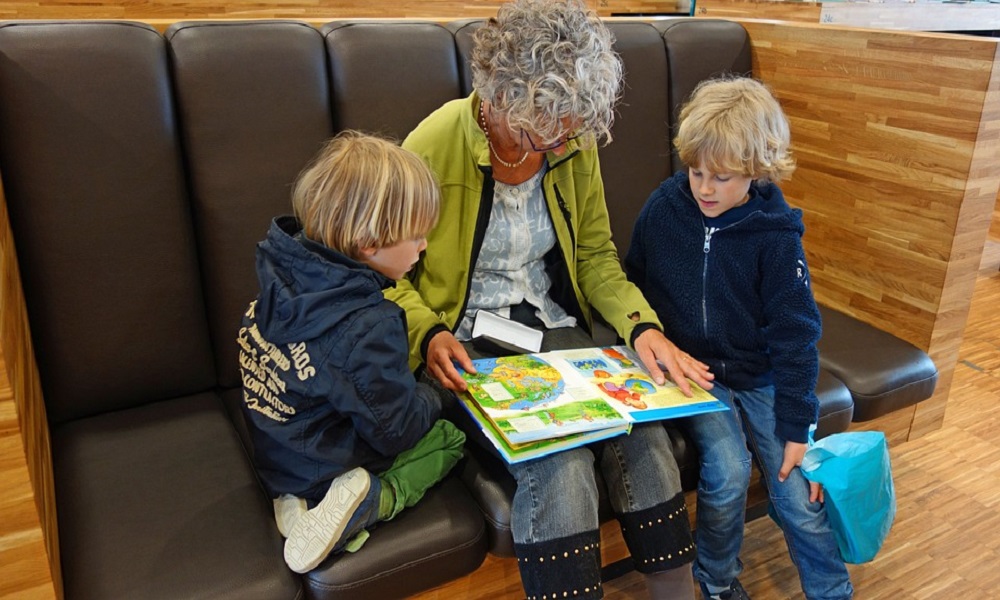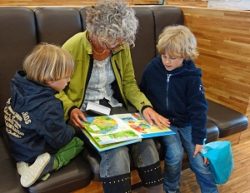
2. – What do you enjoy in the house? What are you enjoying in the house?
3. – When do you go to Fresno? When are you going to Fresno?
4. – Where do you stay on vacation? Where are you staying on vacation?
5. – Why do you call my mom? Why are you calling my mom?
6. – How do you create a new thing? How are you creating a new thing?
2. – What do I do in school? What am I doing in school?
3. – When do I spend my money? When am I spending my money?
4. – Where do I go in the office? Where am I going in the office?
5. – Why do you call my father? Why are you calling my father?
6. – How do I drive the car? How am I driving the car?
2. – What do you enjoy at the table? What are you enjoying at the table?
3. – When do you go to the park? When are you going to the park?
4. – Where do you stay on vacation? Where are you staying on vacation?
5. – Why do you read books? Why are you reading books?
6. – How do you write a story? How are you writing a story?
2. – What does he have? What is he having?
3. – When does he wash the car? When is he washing the car?
4. – Where does he work at? Where is he working at?
5. – Why does he eat vegetables? Why is he eating vegetables?
6. – How does he sleep at night? How is he sleeping at night?
2. – What does she get with the money? What is she getting with the money?
3. – When does she paint? When is she painting?
4. – Where does she exercise? Where is she exercising?
5. – Why does she cry a lot? Why is she crying a lot?
6. – How does she get home? How is she getting home?
2. – What does it do? What is it doing?
3. – When does it arrive? When is it arriving?
4. – Where does it stay? Where is it staying?
5. – Why does it get hot? Why is it getting hot?
6. – How does it grow? How is it growing?
2. – What do we wash? What are you washing?
3. – When do we go to school? When are we going to school?
4. – Where do we put the food? Where are we putting the food?
5. – Why do we go to the park? Why are we going to the park?
6. – How do we get there? How are we getting there?
2. – What do you do in the summer? What are you doing in the summer?
3. – When do you clean the house? When are you cleaning the house?
4. – Where do you go to dance? Where are you going to dance?
5. – Why do you listen to music? Why are you listening to music?
6. – How do you love your mom? How are you loving your mom?





